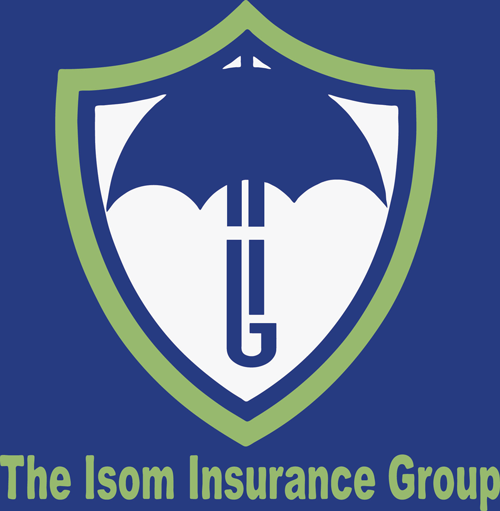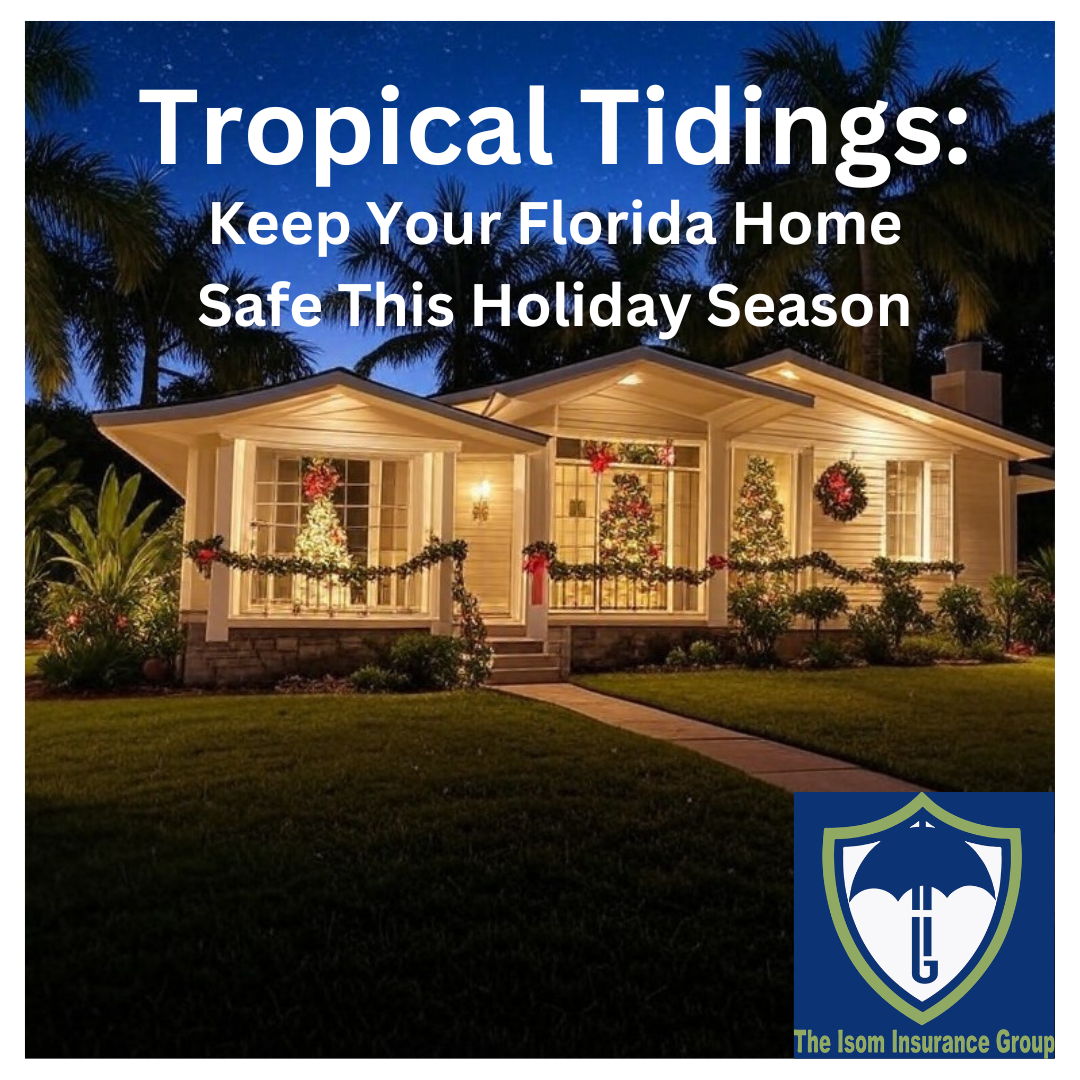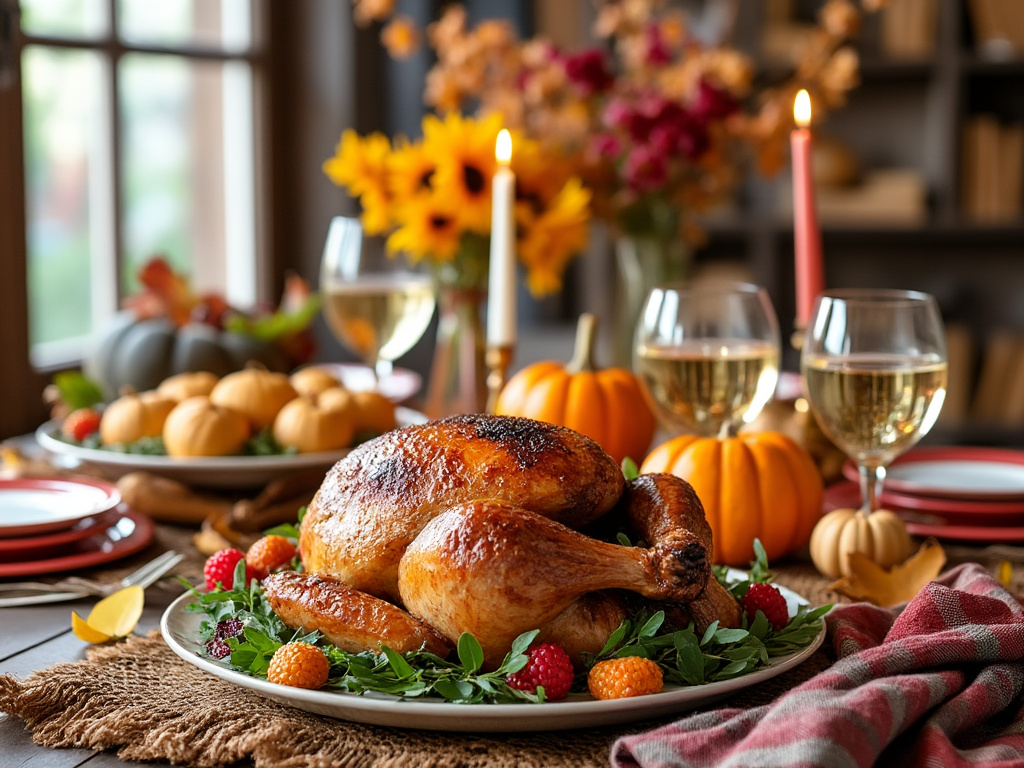Florida Car Insurance Hurricane Season: Back-to-School Checkup (2025)
Estimated read time: 5–6 minutes
Florida car insurance hurricane season arrives just as school traffic returns. That means busier roads, fast afternoon storms, and more fender-benders. This quick checkup shows what to review now so your coverage and budget are ready before the next system rolls through.
Jump to: Coverage to Review · Deductibles · Teen Drivers · Storm Prep · Claims · Savings · Local Reminders · FAQs
Florida Car Insurance Hurricane Season: What to Review Now
- Liability: Align limits with your assets and current lifestyle. If you changed jobs, bought a vehicle, or altered your commute, review limits now.
- Uninsured/Underinsured Motorist (UM/UIM): Helps if you’re hit by a driver with little or no insurance—common on busy corridors.
- Comprehensive: Covers storm damage (wind, hail, flooding, fallen branches), theft, vandalism, and glass. It’s the key protection during hurricane season.
- Collision: Pays for repairs if you hit another car or object—helpful during crowded drop-off and pick-up times.
- Roadside & Towing: Low cost; useful for flats, dead batteries, and lockouts after heavy rain.
- Rental Reimbursement: Covers a rental while your car is in the shop after a covered claim.
- Glass/Windshield Options: Some carriers offer enhanced glass benefits that reduce downtime.
Want a human review? We’ll compare multiple carriers to balance price and protection. Start your quote.
2) Deductibles: Find the Sweet Spot
Your deductible is what you pay before insurance kicks in. Higher deductibles usually result in lower premiums. However, make sure it’s an amount you can comfortably handle out of pocket. Many Florida drivers keep comprehensive moderate for storm claims and raise collision slightly for savings.
3) Teen & New Drivers: Safer Habits, Smarter Pricing
- Add them promptly: Undeclared drivers can complicate claims.
- Ask about discounts: Good Student, Driver Training, Telematics/Safe-Driving Apps, Multi-Vehicle.
- Set house rules: No phones while driving, always seatbelts, curfews, and limited passengers at first.
- Choose the right car: Modest, safe, reliable models often rate better.
4) Storm-Smart Car Prep (5 Quick Moves)
- Park high & covered to avoid trees and flood-prone spots.
- Photograph your vehicle (inside & out) before a storm; repeat after if needed.
- Keep key docs handy: ID cards (digital + paper), roadside number, lender info.
- Fuel up & charge up ahead of tropical systems.
- Never drive through water. If water reaches the floorboards, don’t start the engine—call roadside first.
For broader safety guidance, see Florida’s school-zone tips from the state FLHSMV and storm tracking from the NOAA National Hurricane Center.
5) If You Need to File a Claim
- Safety first: Move to a safe spot, check for injuries, and call 911 if needed.
- Document everything: Photos/video of damage, location, and any other vehicles.
- Prevent further damage: Tarp broken glass or openings.
- Contact us early: We’ll start the claim and guide the next steps.
6) Easy Savings to Check This Week
- Telematics/Safe-Driving Programs for potential usage-based discounts.
- Pay-in-Full or Autopay can add small but quick savings.
- Multi-Car & Loyal Customer discounts when you add a vehicle or driver.
- Lower mileage? Tell us if you drive less now.
- Shop the market: We quote multiple carriers (Progressive, Travelers, Mercury, National General, The General, The Hartford, Allstate, Foremost ARS, and more) to fit your needs.
Polk & Hillsborough Drivers: Local Reminders
- School zones & speed enforcement: Watch for updated routes and signage as classes resume.
- Game-day traffic: College football weekends add congestion—plan extra time and parking.
- Afternoon storms: Roads are slick between 3–7 PM; increase following distance.
Quick FAQs
Does car insurance cover hurricane damage to my vehicle?
Usually, yes, under comprehensive coverage (subject to your deductible). Without comprehensive coverage, storm damage is typically not covered.
Is flooding covered?
Flood damage to your vehicle is generally comprehensive. If your car takes on water, avoid starting it and contact us.
Will a glass claim raise my rate?
It depends on your carrier and claim history. Some treat glass differently. Ask us before you file.
Final Word
During the Florida car insurance hurricane season, a 10-minute policy checkup can prevent expensive surprises. We’ll review your coverage, compare carriers, and help you save—before the next storm forms.
The Isom Insurance Group • Florida’s trusted personal lines experts





































